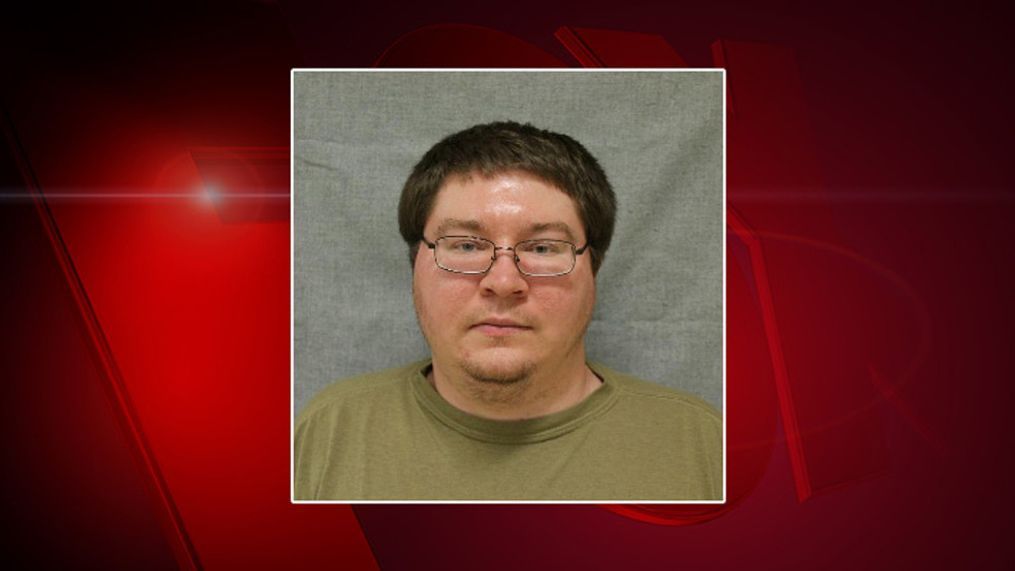Dassey's lawyers petition Supreme Court to hear case

(WLUK) -- Brendan Dassey's attorneys want to take their case all the way to the U.S. Supreme Court.
Dassey and his uncle Steven Avery were convicted in the 2005 murder of Teresa Halbach in Manitowoc County.
On Tuesday, Dassey's lawyers announced that they have filed a document called a petition for a writ of certiorari, asking the Supreme Court to hear the case. Their arguments center around the methods used to interrogate Dassey, who was 16 at the time and has also been described as having intellectual limitations.
“Too many courts around the country, for many years, have been misapplying or even ignoring the Supreme Court’s instructions that confessions from mentally impaired kids like Brendan Dassey must be examined with the greatest care -- and that interrogation tactics which may not be coercive when applied to an adult can overwhelm children and the mentally impaired,” attorney Steven Drizin said in a news release. “Meanwhile, DNA evidence has uncovered dozens of cases involving false confessions from children. The time is now for the Court to reaffirm this country’s commitment to protecting kids in the interrogation room.”
The U.S. Supreme Court only takes a small percentage of the cases it is asked to review.
Dassey's case has made twists and turns in the legal system in recent years. In 2015, the release of the Netflix series "Making A Murderer" brought worldwide attention to the case, casting doubt on the process used to convict Dassey and Avery. The following year, U.S. Magistrate Judge William Duffin ruled in Dassey’s favor, tossing out his confession and overturning his conviction. Prosecutors appealed, and in December won a decision by the full Seventh Circuit Court of Appeals in Chicago, keeping his conviction intact.
A spokesperson for the Wisconsin Department of Justice, which is handling the prosecution, told FOX 11 the department "agrees with the well-reasoned decision by the 7th Circui." The DOJ will have an opportunity to formally respond to Dassey's lawyers' petition.
Meanwhile, Dassey's legal team announced that several more attorneys have joined the case. Seth Waxman, U.S. Solicitor General from 1997-2001; Robert Dvorak; Daniel Volchok; Alan Schoenfeld; James Barton; Ben Gifford; Henry Becker; and Eric Citron are all working on the case. They join Dassey's longtime lawyers, Steven Drizin and Laura Nirider of Northwestern Pritzker School of Law’s Center on Wrongful Convictions of Youth.
